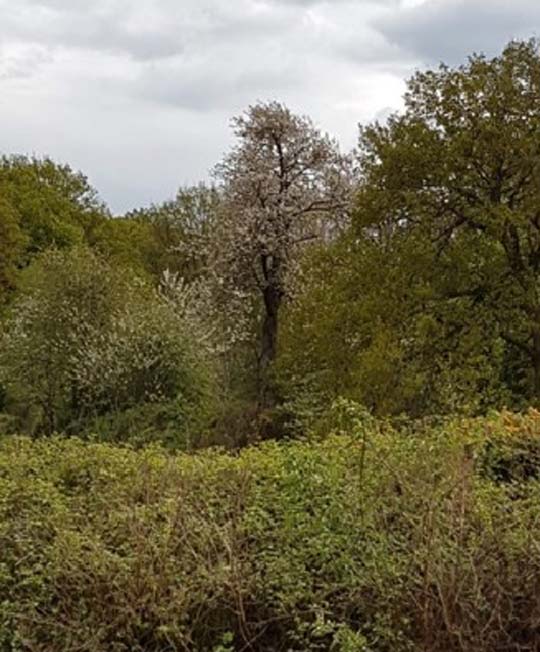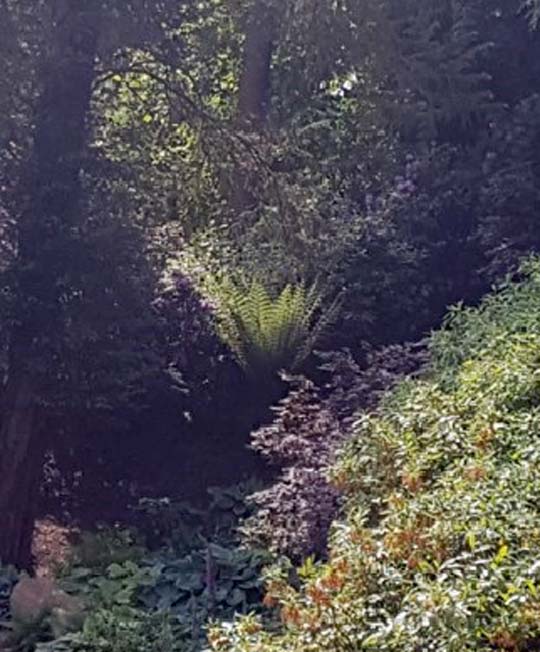Audio Visual
Jane Wisely plays
Ravel Concerto for Left HandJane Wisely plays
Mozart Concerto K488Jane Wisely plays
Bach Italian Concerto BMV 971 - AndanteJane Wisely plays
Sergei Prokofiev's Visions FugitivesResumé
"An outstanding talent – a remarkable musicality and a very accomplished technique...a real musician"
Artistic Commission – Vienna International Music Competition
"The high level of her talent made it an honour to have her participate" Adjudicating Panel – Bradshaw and Buono International Piano Competition
"Wonderful talent"
Artistic Commission – Manhattan International Music Competition
Jane Wisely specialised in philosophy at Cambridge and is acknowledged as having particular insight in linking philosophical ideas and musical expression.
She later enrolled to study piano under renowned Bulgarian concert pianist Lora Dimitrova with whom she continues to work. Jane has also received guidance from celebrated Russian concert artists Mikhail Kazakevich and Elena Zozina.
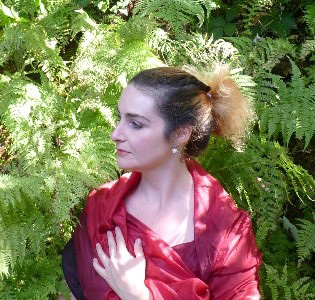
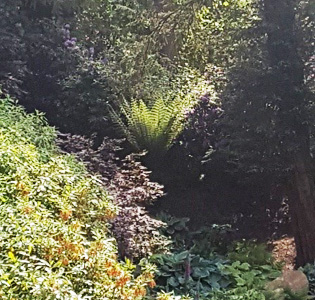
Jane was shortlisted for both the Vienna and the Manhattan International Music Competitions 2023. She won Second Prize in the 2023 Bradshaw and Buono International Piano Competition and was a semi-finalist in the London International Concerto Competition 2023.
Jane has performed in London at Steinway Hall, the Yamaha Centre and the Bluthner Centre. She has toured to Germany as concerto soloist performing Mozart in Leipzig and Berlin.
Jane made her Fairfield Halls debut in the Lunchtime Concert Series and was invited to return.
She has performed Ravel's piano concerto for the Left Hand with the Whitehall Orchestra and will perform with the orchestra again.
Jane appeared with the London Mozart Players in the Egerton Music Festival 2022 with Mozart's piano concerto K488. She is due to perform Shostakovich's 1st Concerto for piano and trumpet with the London Mozart Players.
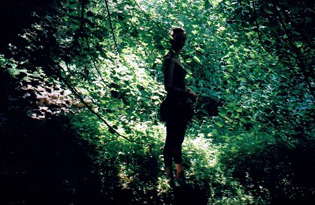
Jane's Idiom
The Garden of Music
Recital Creation:
"…I would retreat into a garden in my mind which contained all my ideas, philosophical notions and sensuous images. I had a small catalogue of flower scents and images for various different areas of spiritual thought I was fond of…white rose scent for example had a basic personality for me such that I would associate it with piquant sadness, the sound of water at dusk, the laughter of childhood innocence and so on…I could combine anything in any way I wanted to create new idea structures and new sounds…"
"The Opaque Haze of the Garden of Music" – Jane Wisely
The following three recitals illustrate some of my use of ideas. Each recital expresses an overall imaginative focus described by the titles and notes.
- Self-contained and Forgotten Beauty
- Dreamscapes and Things Elemental
- The Garden with Innocence and Experience
Self-contained and Forgotten Beauty
- French Suite No.1 in D minor BVW 812 – Bach
- Deux Arabesques – Debussy
- Forgotten Images - Debussy
- No.1 Melancholique et Doux
- No.2 Dans le movement d'une "Sarabande" c'est-a-dire avec une elegance grave et lente, meme un pue vieux portrait, souvenir de Louvre etc.
- No.3 Quelques aspects de "Nous n'irons plus au bois" parce que'il fait un temps insupportable
INTERVAL
- Prelude in C sharp minor Op.28 No.10 – Chopin
- Prelude in B Op.28 No.11 – Chopin
- Prelude in G Op.28. No.3 – Chopin
- Sonata in F K332 – Mozart
- Boating Song – Liszt/Schubert
- Ave Maria – Liszt/Schubert
This recital started from my happening to hear the Sarabande movement of the Bach and the Chopin prelude No.10 in a film adaptation of Jane Austen's "Persuasion" years ago. I always remembered them as going very effectively together. I always wanted to play this Bach. Then, after I had been looking at the Bach, the first Debussy Arabesque started going through my mind as a piece to follow it. I had no idea why this was, but then I thought of a theme which encompassed the impression. Essentially, it was about a certain kind of simplicity. The most generic way I could think of to characterise it was "self-contained". Once this idea was in place, the Mozart seemed to fit in very naturally.
Whereas I believe the Debussy "Forgotten Images" are so called because they didn't surface until a long time after they were written, they seem to me musically to inhabit an impressionistic idiom which is very suggestive of things forgotten – quite distinct from later Debussy.
The theme turns easily through the spiritual personality of the Boating Song and to prayer in Ave Maria.
I also had the idea of forgotten beauty because the Arabesques, the Reflects dans L'eau and the Ave Maria are so well known that their qualities become very familiar and hence less distinct and so, perhaps, partly forgotten. I felt their context in this recital lifted and clarified their fundamental beauty.
Dreamscapes and Things Elemental
- Impromptu in G flat No.3 Op.90 - Schubert
- Impromptu in E flat No.2 Op.90 – Schubert
- Etude Tableaux Op.39 No.6 "Red Riding Hood" – Rachmaninov
- Prelude Op.32 No.10 Rachmaninov
- Gaspard de la Nuit – Ravel
- Ondine
- Le Gibet
- Scarbo
INTERVAL
- Intermezzo Op.118 No.2 – Brahms
- Sonetto 104 del Petrarca – Liszt
- Les Cloches de Geneve – Liszt
- Sonata in G minor Op.22 – Schumann
Now we come to love, despair, remorse, desolation, betrayal, illusion, inescapable realities – all those good things. There's a dash of madness in there too, (just to keep everything well balanced). This world of the elemental is presented overall through the idea of various dreamscapes. The Brahms and Liszt pieces are a simulacrum for a piece of piano music I sometimes dream of. The piece doesn't exist, but the realm of imagination it is about can be evinced.

The Garden with Innocence and Experience
- Sonatine pour piano – Ravel
- Mirroirs – Ravel
- No.2 Oiseaux Tristes
- No.3 Une Barque sur L'Ocean
- Cloches a travers les feuilles – Debussy
- Jardins sous la pluie – Debussy
- Poissons d'Or – Debussy
- L'isle Joyeuse – Debussy
INTERVAL
- Mephisto Waltz No.1 – Liszt
- Ballade No.2 – Liszt
- Gretchen am Spinnrade – Liszt/Schubert
- Les jeux d'eau a la Villa d'Este – Liszt
The Ravel Sonatine is where I first developed my expressive concept of "the garden". This then worked into the four Debussy pieces as some of my favourite aesthetic ideas inspired by Nature. I call these four "the Sun pieces" because they stem from my most youthful and innocent developmental phase. In my mind they therefore always present a special world in the same way as the Sonatine. The other pieces follow the garden theme with the passage of time to a point of different experience in the Ballade .
In The Opaque Haze of the Garden of Music
An Essay of Thoughts and Development
"A cave with gems buried in the night; but you will release them from the night. You will make them shine, brighter than the sun" – The Count of Monte Cristo – Alexander Dumas
I love this quotation because it encapsulates what is, for me, the quintessence of musical expression. For a long time however, my piano performances were in no position to release anything from anything because I had no concept of musical line.
I had given line no quarter whatsoever when I was younger, and I continued to fiercely resist it in spirit. I delighted only in every individual curl, every nuance of my pieces, and my scores are a complete mess because every bar pretty much has an idea written down for it.
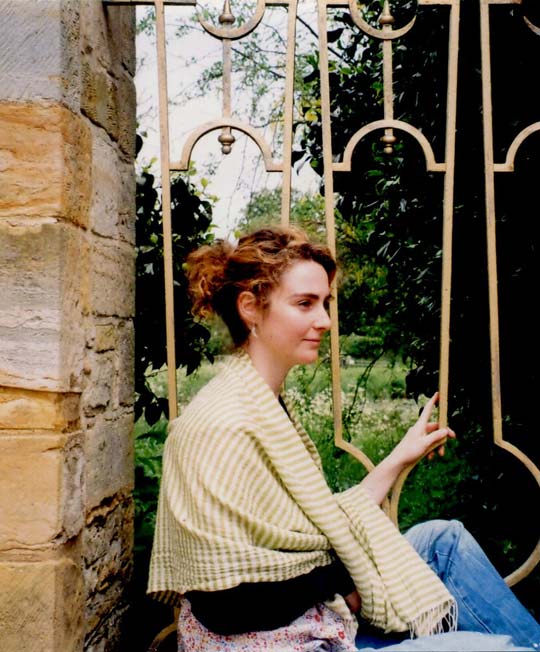
I did not believe that line existed at all as an entity distinguishable from my beloved content. If anybody tried to suggest otherwise, I would say that this must tend towards vacuity – it was unavoidable. You couldn't imagine a sentence without thought in it to create the words – the mind could not stretch beyond its imaginative limits in this way. I believed that "form without concepts is empty" but had forgotten that "concepts without form are blind".†
Through working with Lora Dimitrova, I came finally to appreciate the reality and significance of form, and so its beauty and sense; that form is as vital to the meaning of content as content is to the meaning of form; that they are one; that neither can exist without the other.
Lora taught me that the side of expression I favoured is known as "intonations", and this is why in the Russian School for instance, a teacher could spend a whole lesson discussing just three notes. But intonations need a context, an overarching structure, or in fact they cannot fully express what they are. A simple point, but not an easy one – at least, not at the time, for me.
Whatever passable gems I might have had buried in the cave of my expressive imagination, the individual ideas I loved so well, were rescued, and released in the only form they can truly be expressed – the unbroken musical line, which does not dissipate the distinctive single character of individual thoughts, but on the contrary, is the sole means by which such single ideas can be fully created and communicated to an audience (in a manner brighter, or not, than the sun).
Because I loved the interpretation of music in the way I've described, I always imagined I would want to be a concert performer, but I didn't take a university degree in music. I chose philosophy because I loved abstract conceptualism and idealism and hated aural, four part harmony and the idea of having to write essays about score analysis.
I wished instead only to invoke and explore the nature of music as aesthetic and philosophical - as a reality that could morph through, and alter somewhat, certain abstract boundaries within the various metaphysical structures I studied; and vice versa – my metaphysics fed and characterised my understandings about music as a pure art form.
I never gave more than a passing reference to score analysis – I thought it unnecessary to detail it because I assumed its significance must automatically be included in form as a metaphysical idea.
My musical world was thus all my own imagination without completeness. I had forgotten that the physical structures in music must of themselves have significance – that they must be integral to the substance of music as art. I had forgotten that they even existed.
Each time I practised a piece, I would retreat into a garden in my mind which contained all my favourite ideas, characters from literature, philosophical notions and sensuous images. I had a small catalogue of flower scents and images for different areas of spiritual thought I was fond of – white rose, dusky pink rose, lilac iris, air itself and its smell of various different types of clarity. White rose scent for example had a basic personality for me such that I would associate it with piquant sadness, the sound of water at dusk, the laughter of childhood innocence and so on. I could combine anything in any way I wanted to create new structures and new sounds.
Once I found my sense of form with line as well as intonations, my performances gained completeness which drastically altered my perception of the medium out of which my interpretation of the music was created.
Before, I realised that my playing was as if there were many expressive ideas, many beautiful things that existed within it, but that they were dissipated into and trapped within a sort of opaque haze such that the beautiful things were there, but they couldn't be seen. They were clear glinting through a soft mist but the pathways through the garden were impassable.
† "Form without concepts is empty. Concepts without form are blind" – Immanuel Kant
Solo Repertoire
BACH
Italian Concerto BWV 971
French Suite No.1 in D minor BVW 812
BEETHOVEN
Sonata in C minor Op.13 "Pathetique"
Sonata in D minor Op.31 No.2 "Tempest"
Sonata in F minor Op.57 "Appassionata"
BRAHMS
Intermezzo Op.118 No.2
Rhapsody Op.79 No.1
CHOPIN
Nocturne No.8 Op27 Nr.2
Nocturne No.9 Op.32 Nr.1
Nocturne No.19 Op.72 Nr.1
Prelude in G Op.28 No.3
Prelude in C sharp minor Op.28 no.10
Prelude in B Op.28 No.11
Berceuse Op.57
DEBUSSY
Deux Arabesques
Estampes No.3 - Jardins sous la pluie
L'Isle joyeuse
Images Book 1 No.1 - Reflects dans l'eau
Images Book 2
- No.1 - Cloches à travers les feuilles
No.2 - Poissons d'or
Forgotten Images
LISZT
Waldesrauschen
Années de Pelerinage Book 1 - No. 9 Nocturne - Les Cloches de Genèvre
Années de Pelerinage Book 2 - Sonetto 104 del Petrarcha
Années de Pelerinage Book 3 No.4 - Les Jeux d'eaux à la Villa d'Este
Ballade No.2 in B minor
Mephisto waltz No.1
LISZT-SCHUBERT SONG TRANSCRIPTIONS
No.2 Auf dem Wasser zu singen
No.8 Gretchen an Spinnrade
No.12 Ave Maria
MOZART
Sonata in F K332
Sonata in B flat K333
Sonata in C minor K457
PROKOFFIEV
Visions Fugitives
- No.2 Andante
No.4 Animato
No.7 Arpa
No.10 Ridiculosamente
No.15 Inquieto
No.17 Poetico
RACHMANINOV
Prelude Op.32 No.10
Etudes Tableaux No. 6 "Red Riding Hood"
RAVEL
Sonatine
Gaspard de la Nuit
Mirroirs
- No.2 Oiseaux tristes
No.3 Une barque sur l'océan
SCHUBERT
Impropmptu Op.90 No.2 in E flat
Impromptu Op.90 No.3 in G flat
Impromptu Op.142 No.3 in B flat "Rosamunde"
SCHUMANN
Sonata in G minor Op.22
SHOSTAKOVICH
Preludes Op.34 No.1 Moderato
No 2 Allegretto
No.3 Andante
No.4 Moderato
No.5 Allegro Vivace
No.10 Moderato non troppo
Concertos
MOZART
Concerto in A K488
RAVEL
Concerto for the Left Hand
SHOSTAKOVICH
Concerto No.1 for Piano and Trumpet
Message Me!
Available for concert bookings, I would love to hear from you.


